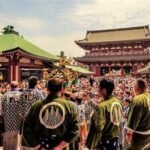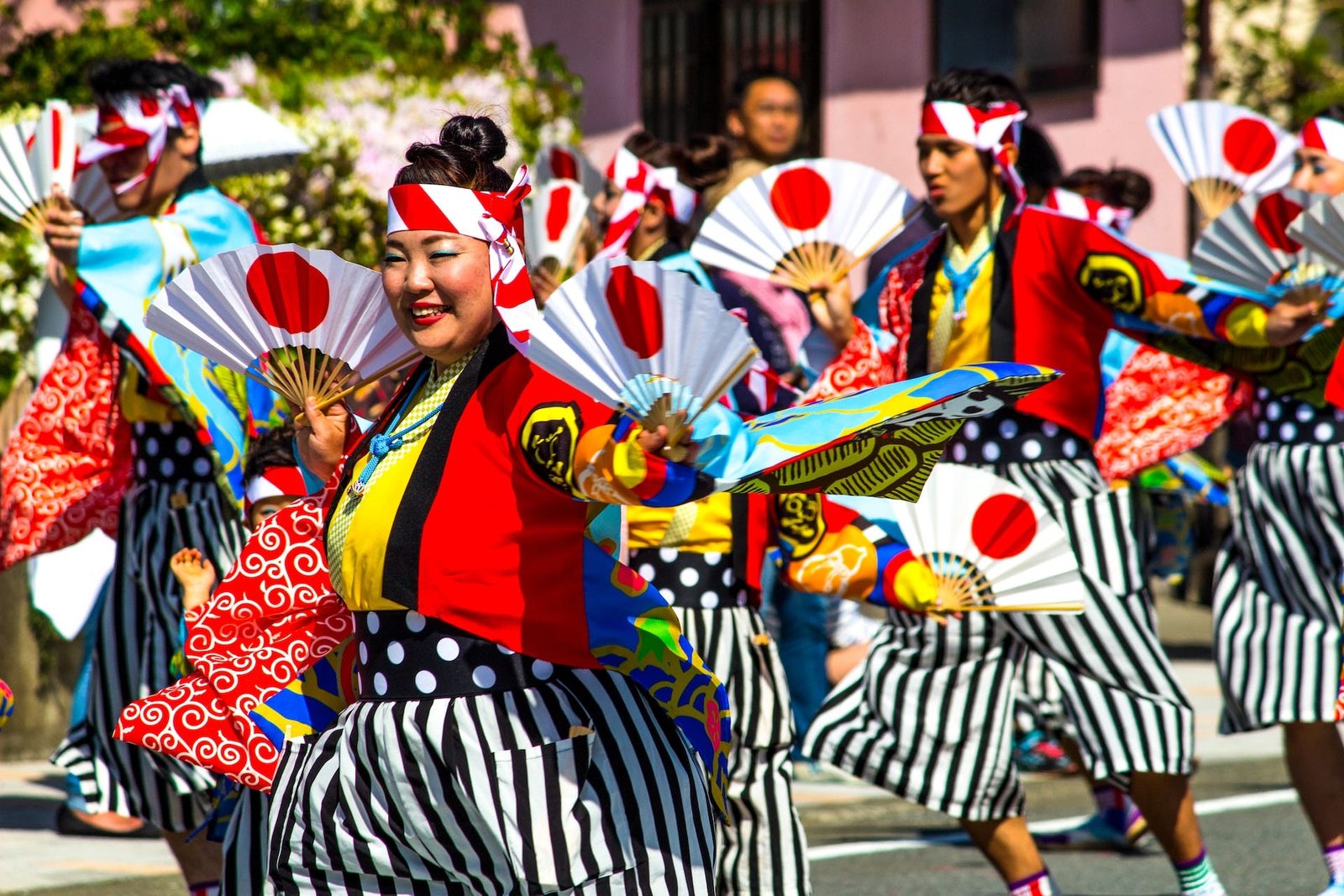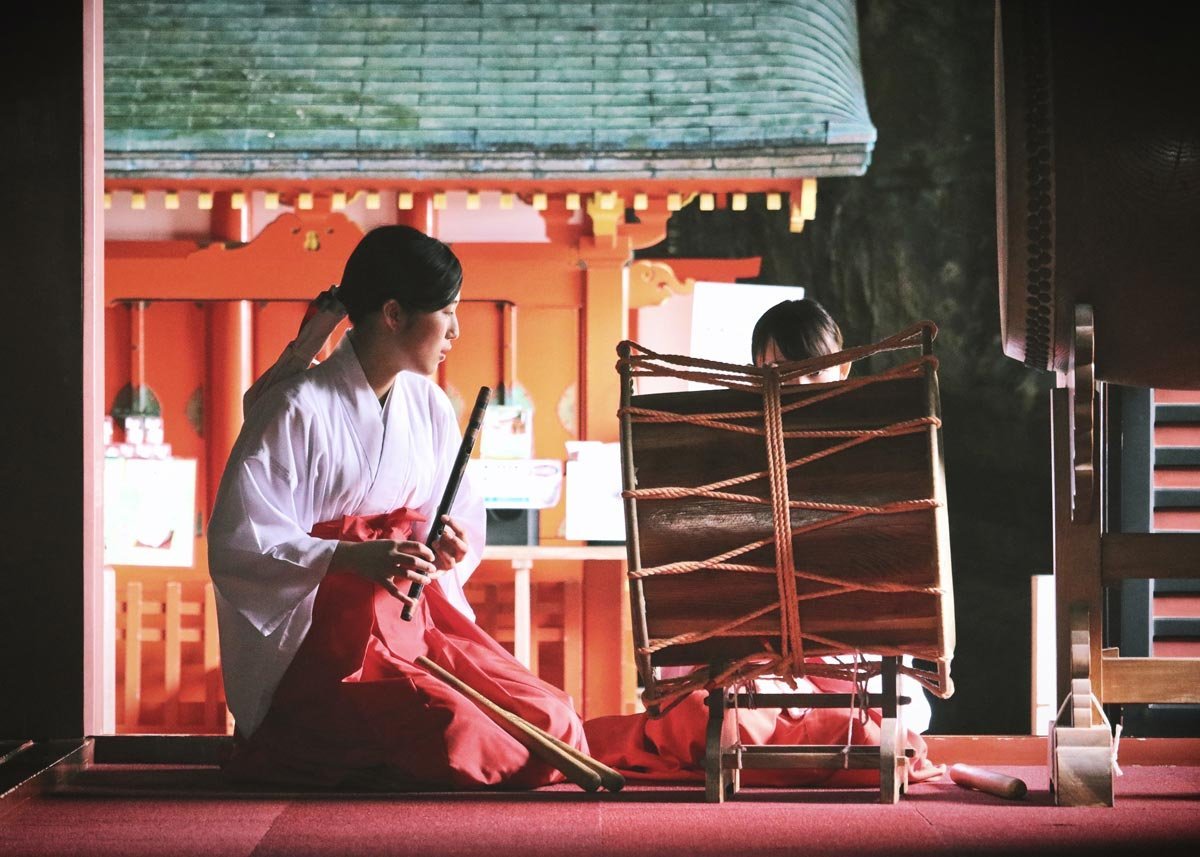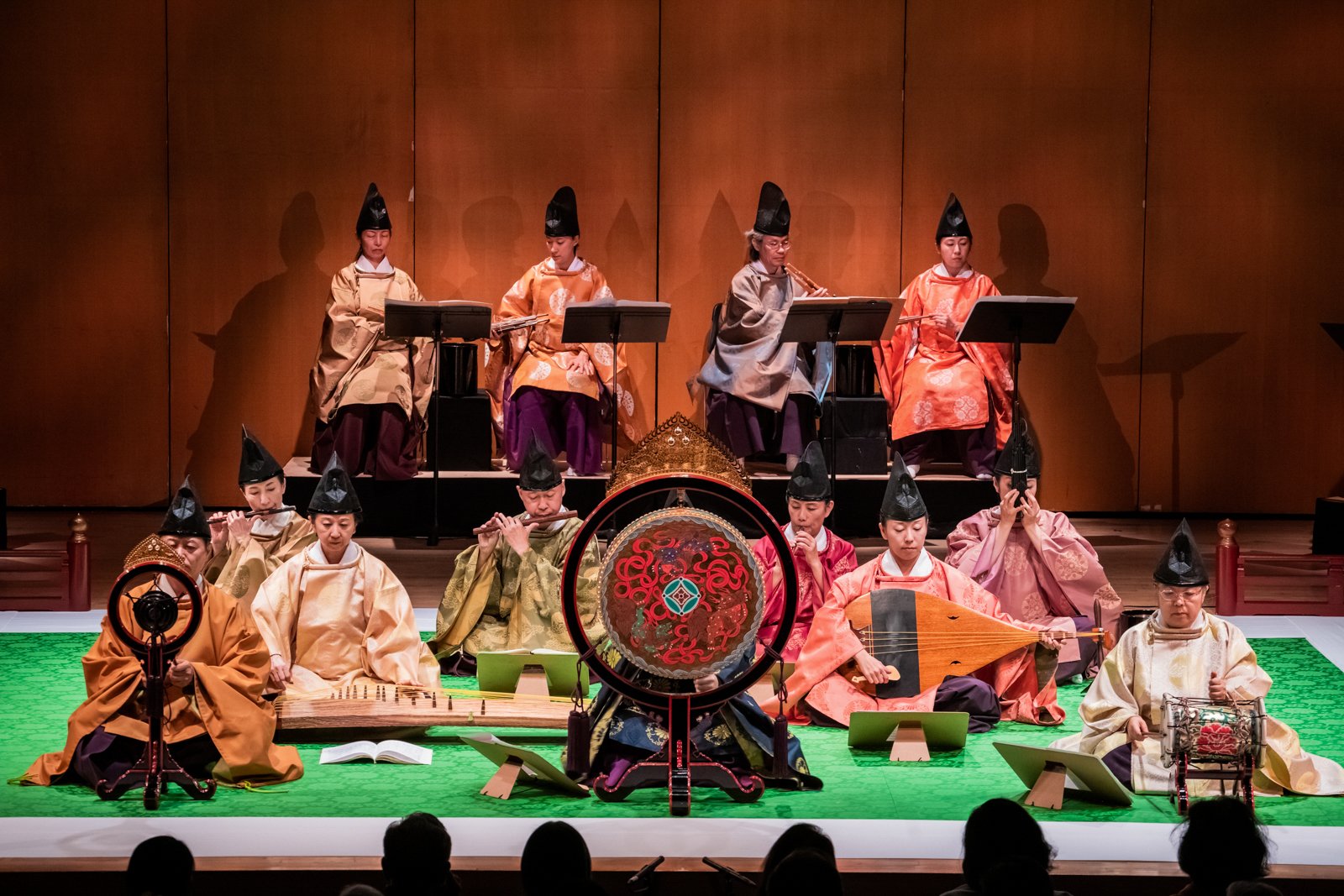Japanese music festivals play a pivotal role in fostering cultural exchange, offering a vibrant platform for international artists and audiences to engage with Japan’s rich musical heritage. By blending traditional and contemporary music, these festivals create opportunities for cross-cultural dialogue and mutual appreciation. This article explores how Japanese music festivals promote cultural exchange and contribute to global understanding.
Showcasing Diverse Musical Traditions
Celebrating Traditional Japanese Music
Japanese music festivals often highlight traditional genres such as Gagaku, Noh, and Taiko drumming. These festivals provide a stage for traditional performances, allowing international audiences to experience Japan’s historical and cultural music forms. Events like the Gagaku Festival and Taiko Festival offer insight into Japan’s musical heritage, promoting cultural appreciation and understanding among attendees.
Blending Traditional and Modern Sounds
Many festivals blend traditional Japanese music with contemporary genres, creating a dynamic and diverse musical experience. For instance, the Fuji Rock Festival and Summer Sonic feature a mix of Japanese and international artists across various genres, from rock and electronic to folk and hip-hop. This fusion of old and new encourages cultural exchange by showcasing Japan’s musical evolution and its interactions with global trends.
Promoting International Collaboration
Global Artist Participation
Japanese music festivals frequently invite international artists, fostering collaboration and cross-cultural exchange. By including musicians from different countries, these festivals create a global dialogue through music. For example, the Fuji Rock Festival attracts artists from around the world, providing a platform for diverse musical styles and cultural expressions to interact and influence one another.
Cultural Exchange Programs
Some festivals organize cultural exchange programs that include workshops, discussions, and collaborative performances. These programs enable international artists and Japanese musicians to share their techniques, styles, and cultural backgrounds. Such interactions facilitate a deeper understanding of different musical traditions and promote mutual respect among participants.
Creating a Global Audience
Attracting International Visitors
Japanese music festivals draw significant international attendance, contributing to global cultural exchange. Festivals like Summer Sonic and Rock in Japan Festival attract music enthusiasts from around the world, providing them with a unique opportunity to experience Japan’s music scene. The influx of international visitors helps to broaden the festival’s cultural impact and foster a global appreciation for Japanese music.
Streaming and Media Coverage
With the advent of digital media, Japanese music festivals now reach global audiences through live streams and media coverage. Online platforms allow people from different countries to watch performances, access festival content, and engage with Japan’s music scene from afar. This virtual presence helps to extend the festivals’ cultural influence and engage a wider audience in cross-cultural dialogue.
Discover the Best Online Casinos for Gaming Enthusiasts
If you enjoy the immersive experience of music and entertainment on MoosicLab, why not take your excitement further with the best online casinos Combining thrilling gameplay and vibrant visuals, these casinos offer a perfect complement to the high-quality soundtracks featured on MoosicLab. Dive into a world where great music meets top-notch gaming for an unforgettable leisure experience.
Encouraging Cultural Understanding
Educational Initiatives
Many Japanese music festivals incorporate educational initiatives that promote cultural understanding. Workshops, lectures, and demonstrations provide attendees with insights into Japanese musical traditions and contemporary practices. These educational elements foster a deeper appreciation of Japan’s cultural heritage and encourage attendees to explore and engage with different aspects of Japanese music.
Cultural Diplomacy
Japanese music festivals often serve as a form of cultural diplomacy, strengthening international relations through music. By inviting artists from various countries and showcasing diverse musical styles, these festivals create opportunities for cultural exchange and dialogue. This diplomatic approach helps to build bridges between Japan and the global community, fostering positive relationships and mutual understanding.

Supporting Emerging Artists
Platform for New Talent
Japanese music festivals provide a platform for emerging artists to showcase their talent to a global audience. Festivals like SXSW Japan and Tokyo Jazz Festival highlight up-and-coming Japanese musicians and offer them exposure on an international stage. This support for new talent not only enriches Japan’s music scene but also contributes to the global musical landscape.
Cross-Cultural Mentorship
Festivals often facilitate mentorship opportunities between established international artists and emerging Japanese musicians. These collaborations provide valuable learning experiences and professional growth for young artists, fostering cross-cultural exchange and enhancing their skills. Such mentorship programs help to nurture talent and promote cultural understanding through artistic collaboration.
Conclusion
Japanese music festivals play a crucial role in promoting cultural exchange by showcasing diverse musical traditions, facilitating international collaboration, and attracting a global audience. Through their blend of traditional and contemporary music, educational initiatives, and support for emerging artists, these festivals contribute to a deeper appreciation of Japan’s cultural heritage and foster meaningful connections between Japan and the international community. By embracing the global nature of music, Japanese music festivals continue to enrich the world’s cultural landscape.











